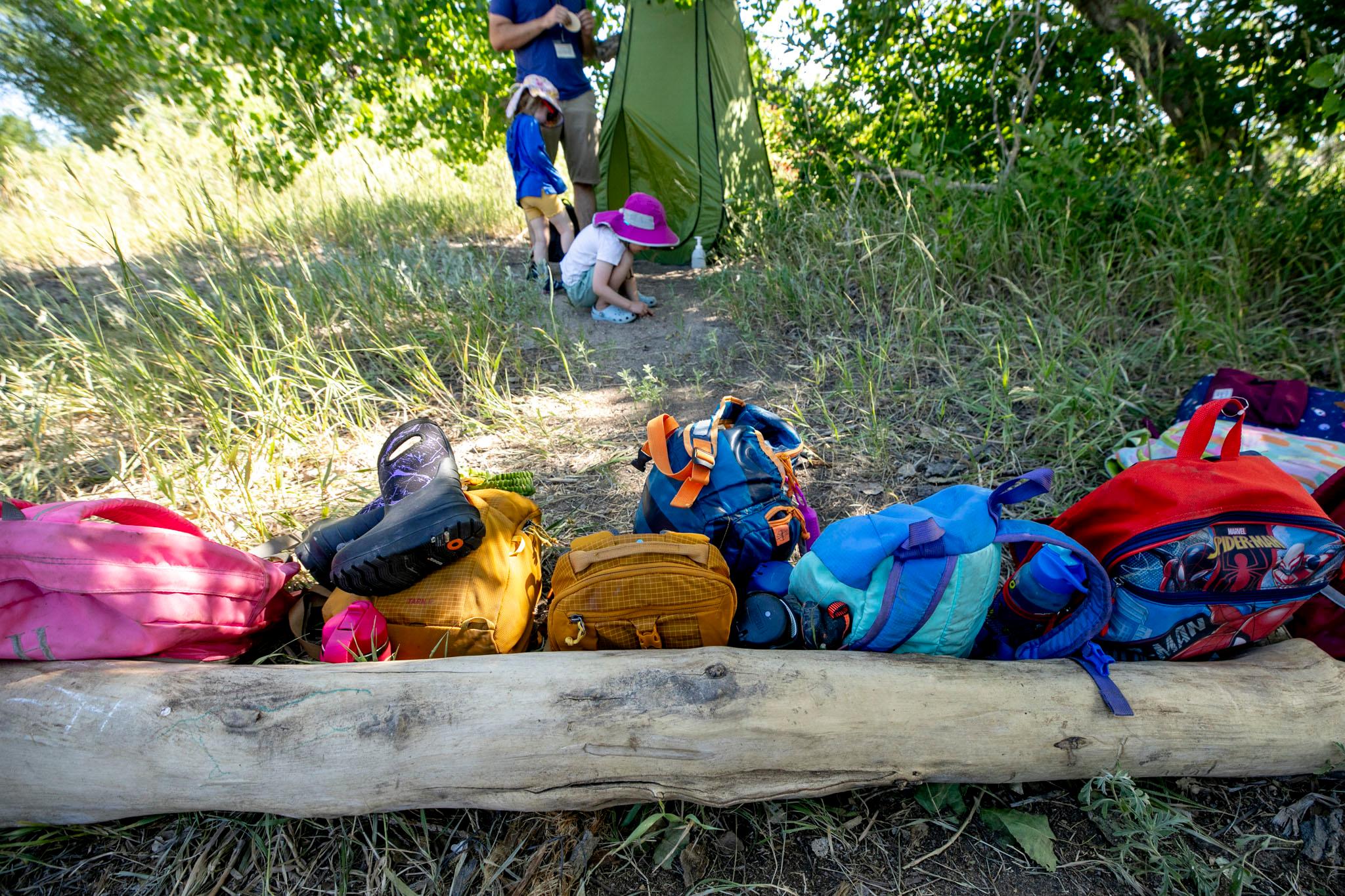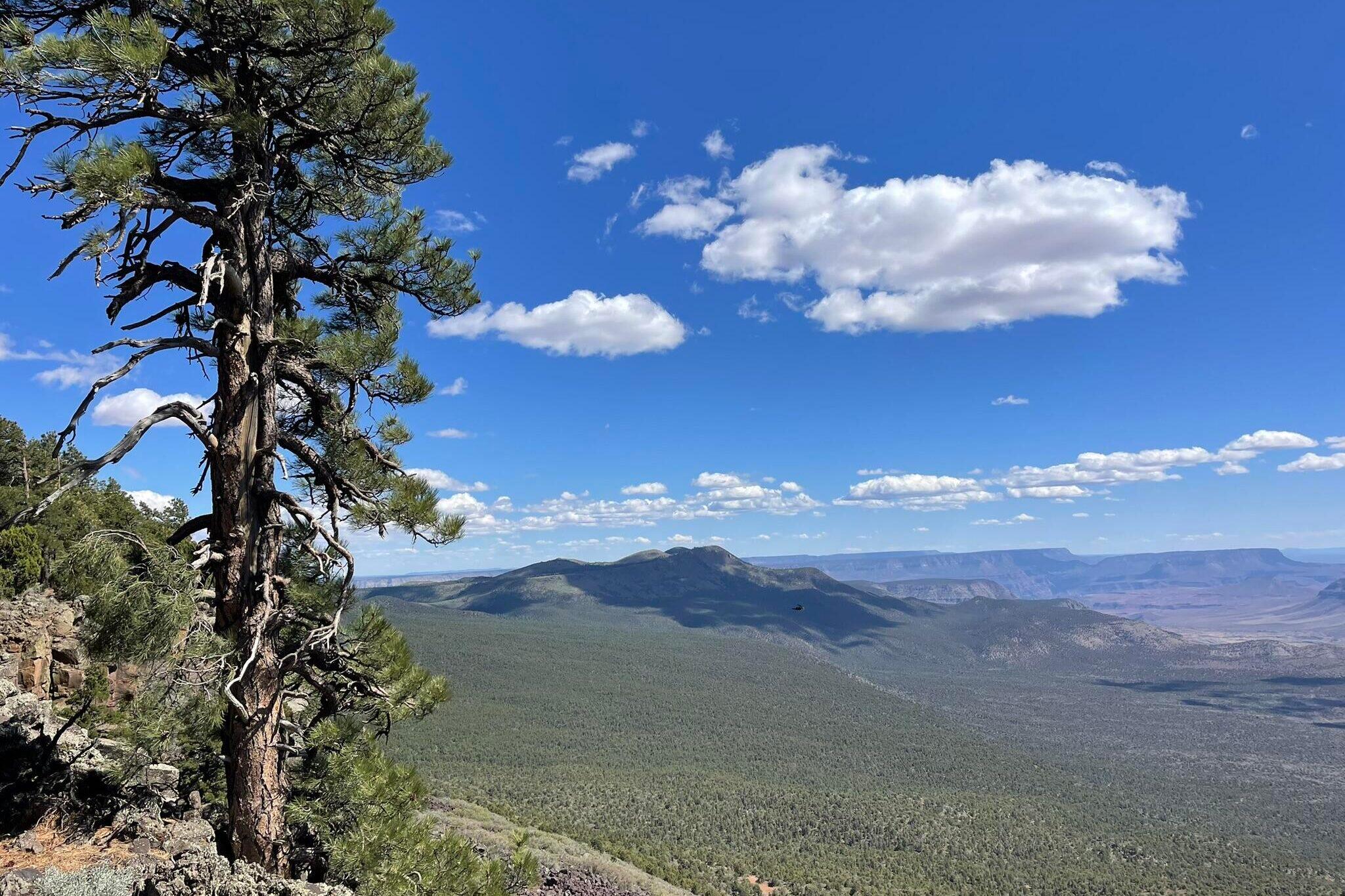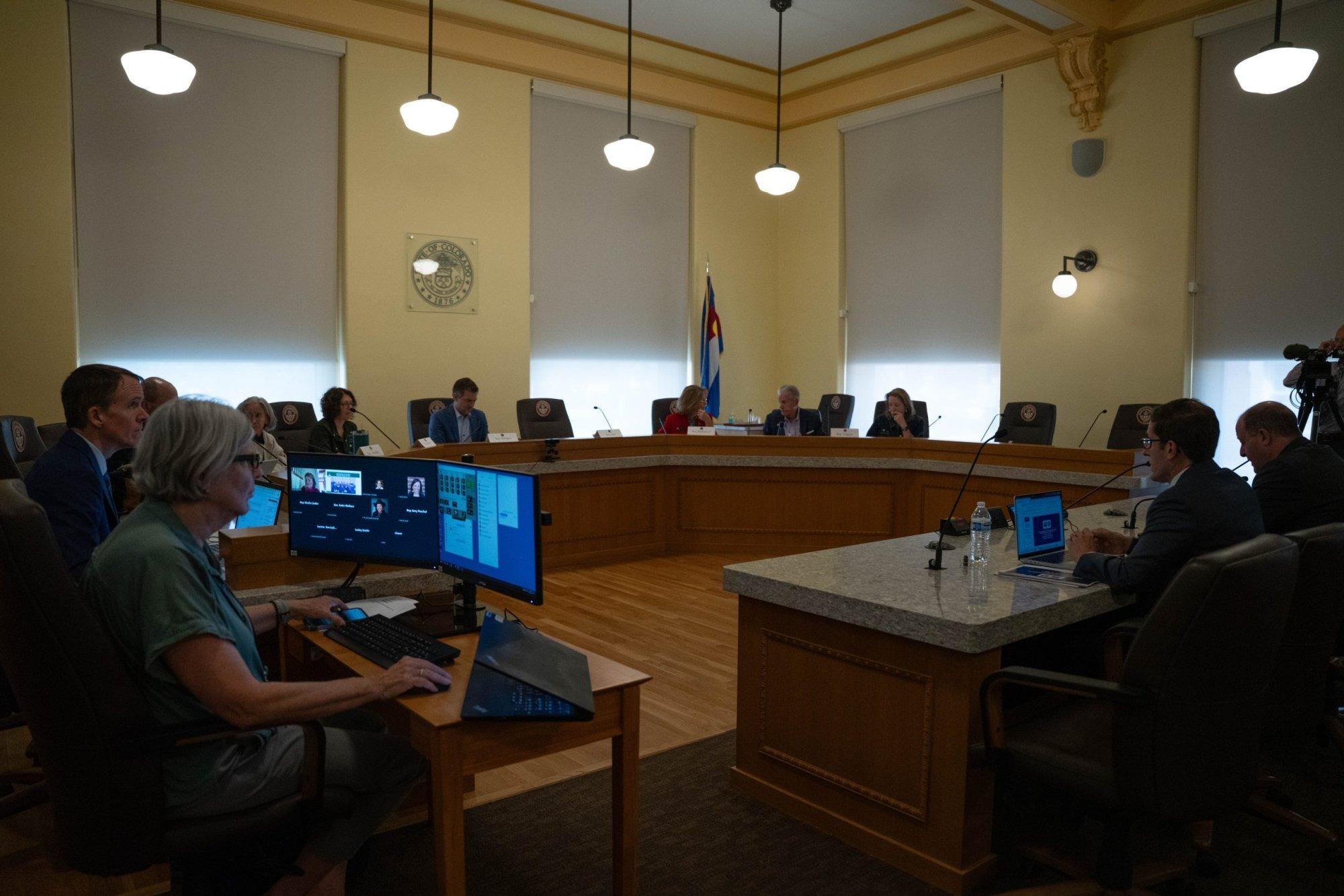
Advocates for outdoor preschools had hoped a new law setting up state licensing would help expand access to nature-based early learning.
But now they say the rules state officials are considering could have the opposite effect, making it hard for these schools to survive.
On Monday, the Colorado Collective for Nature-Based Early Education, which represents most of the state’s outdoor preschools, released an analysis of outdoor nature-based preschools in the state that it argues shows why the proposed rules are off-base.
The study analyzed a full year of operations at 20 programs across the state’s mountains, plains, and foothills and concluded they operate under strict risk-assessment protocols that ensure safety and preparedness for weather and wildlife-related incidents.
The collective is requesting the state conduct a cost-benefit and regulatory analysis of the proposed rules.
“We are excited to expand accessibility to our high-quality programming through UPK, help mitigate the current childcare crisis, and elevate best practices in our field," said Jennifer Kollerup, mycelium director for the collective. "Equity and access to outdoor nature-based preschools and forest schools is the goal. The license isn't, and never was, the goal—it's a necessary step to reach the ultimate goal.”
The Colorado Department of Early Learning said it welcomes feedback to the rule-making process.
“The department’s goal is that the final rule facilitates the safe and effective operation of these schools, including outdoor nature-based education and in accordance with state legislation to facilitate their operation,” the department said in a statement.
It said all rulemakings must undergo a regulatory analysis, including a cost-benefit analysis.
“The data released today will help ensure that the rules are workable for Colorado’s outdoor preschools.”
How we got here
A law passed last year made Colorado the second state, after Washington, to approve licenses for outdoor preschools. The law also opened the doors for low-income families to tap into Colorado’s universal preschool program in order to get up to 30 free hours at outdoor preschools. Advocates had been lobbying for the bill for more than a decade.
There are more than 40 outdoor preschools in the state, which report full enrollment with active waitlists statewide. Nature-based or outdoor preschools are growing in popularity as more parents seek alternatives to screens and top-down learning environments. A number of studies have shown faster cognitive development in children attending outdoor preschools, as well as better motor coordination, and even boosted immune systems.
As part of the new law, the Department of Early Childhood initiated a rule-making process to set up the regulations that govern the schools. The collective opposes CDEC’s proposed rules in five areas: buildings/emergency shelters, field trips, staff qualifications, weather and toileting protocols.
Schools are required to have “emergency shelter” set up on their property, and the state is moving to define that as a permanent building.
The collective’s data show that nearly every time an outdoor preschool had to use an emergency shelter, those structures were yurts or flexible structures and would not meet CDEC’s proposed definition. Washington, the first state to license outdoor, nature-based preschools, does not require they have a building for an emergency shelter.
“Rules around buildings and sanitation are make or break for program location, function, and operating cost,” said Kollerup. The collective noted that building requirements can rapidly become extremely complicated and put significant limitations on the places where schools could operate.
The data also show outdoor preschools are safe. No incidents rose to the level of a formal health or licensing department issue. Out of 128 wildlife encounters, nearly 94 percent were classified as low-risk. There was only one minor injury related to an animal (a wasp sting) reported.
Other concerns
When it comes to weather-related closures, the collective argues the state is being too conservative.
The proposed rules would prohibit preschools from operating when temperatures dip below 20 degrees Fahrenheit or climb above 94 degrees, which would lead to increased closures for the programs.
The collective’s data show programs safely operated outside the proposed range of temperatures and averaged only 1.8 weather-related closure days annually.
In addition, advocates say the state’s proposed staff qualifications are too low. Right now, someone could qualify to be a director of an outdoor preschool with no specialized experience in outdoor or environmental education, native plants and animals or risk-benefit assessments. That means directors of any preschool in the state would qualify to lead an outdoor preschool.
The collective wants directors to have to have early childhood expertise as well as a specialized certification that shows the director can set up and lead a forest school.
“Staff qualifications based on high training standards with a true outdoor, nature-based focus are what keep kids safe and give them a rich learning experience each day,” Kollerup said. “When a highly-qualified staff member knows how to read the moment, watch the weather, and adapt for the groups' needs, everyone can have an amazing day outside.”
A contested issue
The legislation setting the stage for licensing requires the state to collaborate with nature-based preschools in developing the rules. The collective had pushed for specialists in outdoor preschools or forest schools to lead the rulemaking, but the state made internal hires instead.
The collective has met with department officials several times to present data and make their case. Public comment on the issue is open through this survey and runs through July 14. The proposed rules are expected to be reviewed by an advisory council on September 4 and considered for permanent adoption on December 31.
The collective’s founder, Elizabeth Sayer, whose own children attend an outdoor preschool, said nature-based programs have helped them learn about nature, test and understand boundaries, and develop problem-solving skills with their peers."It's unfortunate that there are barriers to this type of education,” she said. “We seek equity for programs and families."








